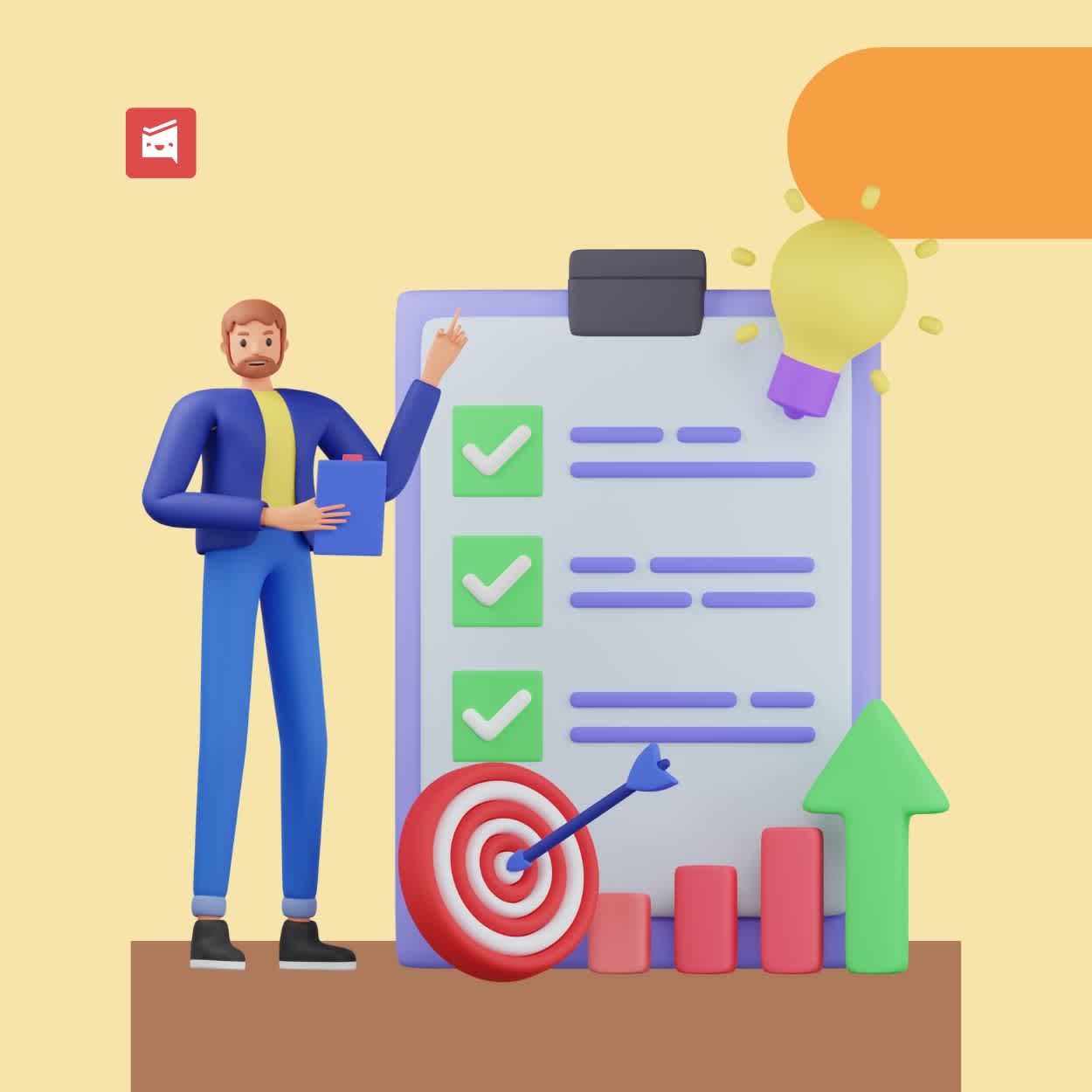How to Improve Sales Workflows for Your Business
ByJulian Gette
Workast publisher

Workast publisher
Do you want your business to maximize its potential and reach new heights? Improving sales workflows is an efficient and cost-effective way to drive growth in your organization. In this blog post, we will discuss the essential steps for creating a successful sales workflow that will help power up the performance of your team and improve customer satisfaction. We'll provide insights into streamlining processes, defining goals, enhancing communication practices, leveraging technology, and more so that you can optimize sales engines within your business! Let's get started!
As a business owner, identifying and eliminating bottlenecks in your sales process is crucial to achieving success. Bottlenecks can hinder your sales team's productivity, slow down your revenue growth, and lead to customer dissatisfaction. By regularly reviewing your sales process and analyzing the data, you can pinpoint where the bottlenecks occur and take swift action to eliminate them.
Whether it's automating manual tasks or reallocating resources, finding ways to streamline your sales process will not only enhance your team's efficiency but also improve your bottom line. With a bit of effort, attention to detail, and willingness to adapt, you can overcome any bottleneck that stands in the way of your sales success.
Automation has made it possible to reduce the amount of time you spend on mundane tasks. By automating key processes, you can free up valuable time and focus on more strategic initiatives. Tasks such as data entry, generating reports, and social media scheduling, can all be streamlined through automation. By incorporating automation into your workflow, you can increase your productivity and achieve more in less time.
In the pursuit of enhancing sales workflows, conducting a thorough impact analysis emerges as a crucial step to drive efficiency and maximize outcomes. Look into reliable impact analysis from Sonar, for instance, to help you confidently navigate potential outcomes and make well-informed strategic choices. By meticulously evaluating the potential consequences of proposed changes or strategies, businesses can make informed decisions that align with their overarching goals.
Impact analysis provides a comprehensive understanding of how adjustments to sales processes, tools, or methodologies may ripple through the organization, helping to identify potential bottlenecks, opportunities for improvement, and areas where resources can be optimized. This analytical approach empowers businesses to fine-tune their sales workflows, ensuring that each adjustment is not only aligned with their vision but also geared towards delivering measurable results.
When teams are working on a project together, it's important for them to have a clear mutual action plan and communication channels established in order to streamline the content creation process, keep everyone on the same page, and ultimately achieve their goals as a group. With streamlined communication, teams are better able to share ideas, collaborate efficiently, and make informed decisions together. This not only leads to better outcomes but also strengthens relationships and fosters a sense of community among team members.
By prioritizing clear and effective communication, teams can work together seamlessly to achieve success.
In today's competitive business landscape, understanding your customers and their behaviors is critical in staying ahead of the game. But how can you track and analyze customer data efficiently? The answer is leveraging CRM tools. Customer relationship management (CRM) software provides businesses with insights into customer behavior, buying patterns, and preferences.
Plus, these tools organize and streamline customer data, so you can make data-driven decisions and personalize customer experiences. In short, using CRM tools is not just a smart move - it's a necessary one.
In order to effectively sell your product or service, creating a clear and detailed sales funnel with goals is essential. A sales funnel is a step-by-step process that leads potential customers toward making a purchase. By breaking down the sales process into different stages, you can identify where potential customers may be dropping off and make necessary adjustments. It's important to set clear goals for each stage of the funnel, such as the number of leads generated, the conversion rate, and the revenue generated.
By setting these goals, you can track your progress and make data-driven decisions to optimize your sales funnel. Creating a well-designed sales funnel not only helps increase conversion rates but also provides a satisfying experience for potential customers.
If you're looking to streamline your sales process and target the most promising leads, utilizing AI-powered tools could be a game-changer. By automating your lead scoring process, you can ensure that your sales team is focusing their efforts on the most valuable prospects. With the help of machine learning algorithms, these tools are able to analyze your company's historical customer data and identify patterns that indicate which leads are most likely to convert. The result is a more accurate and efficient approach to lead scoring that can help boost your company's bottom line. With the help of machine learning algorithms, these tools are able to analyze your company's historical customer data and identify patterns that indicate which leads are most likely to convert. The result is a more accurate and efficient approach to lead scoring that can help boost your company's bottom line. Don't miss out on the benefits of AI-powered tools – start exploring your options today!
In the rapidly evolving landscape of business, optimizing sales workflows has become a pivotal strategy to unlock growth and drive success. By identifying and eliminating bottlenecks, automating key tasks, conducting impactful analyses, streamlining communication, leveraging technology, and crafting well-defined sales funnels, businesses can elevate their performance and enhance customer satisfaction. The convergence of innovation and strategic planning is propelling businesses towards streamlined processes, data-driven decisions, and collaborative synergy among teams.
As technology continues to reshape the business landscape, embracing these strategies becomes paramount in realizing the full potential of a business's sales endeavors. Through a holistic approach that blends human expertise with technological prowess, the journey towards improved sales workflows becomes a transformative endeavor, paving the way for a more efficient, effective, and impactful business journey.

